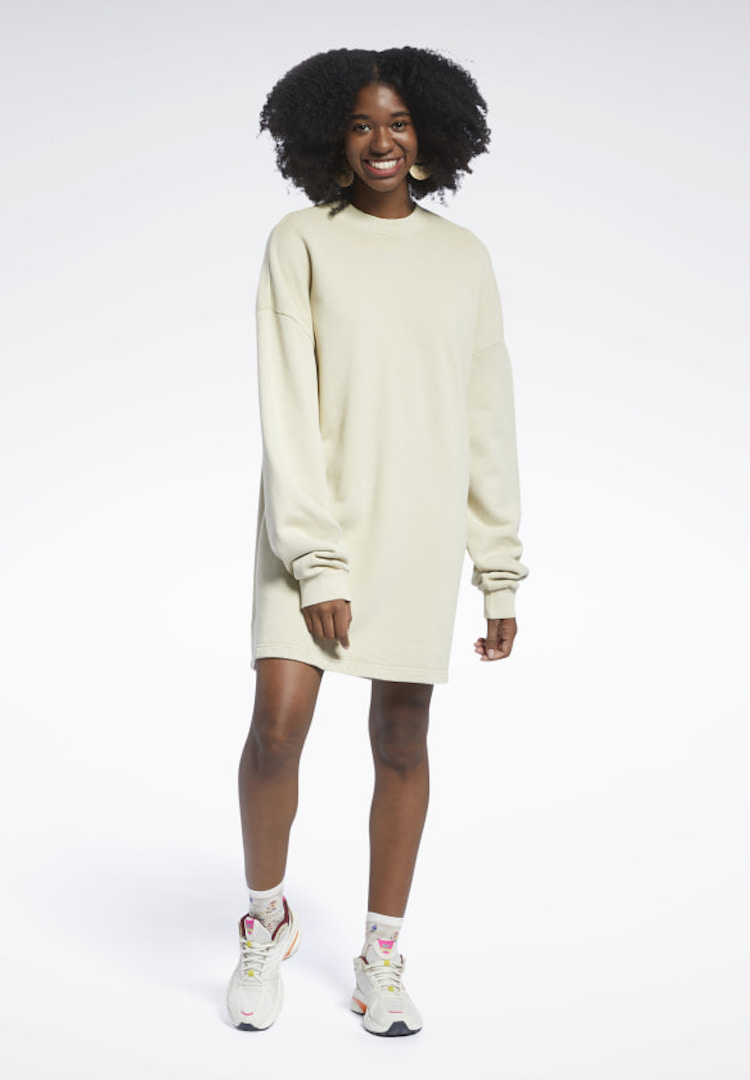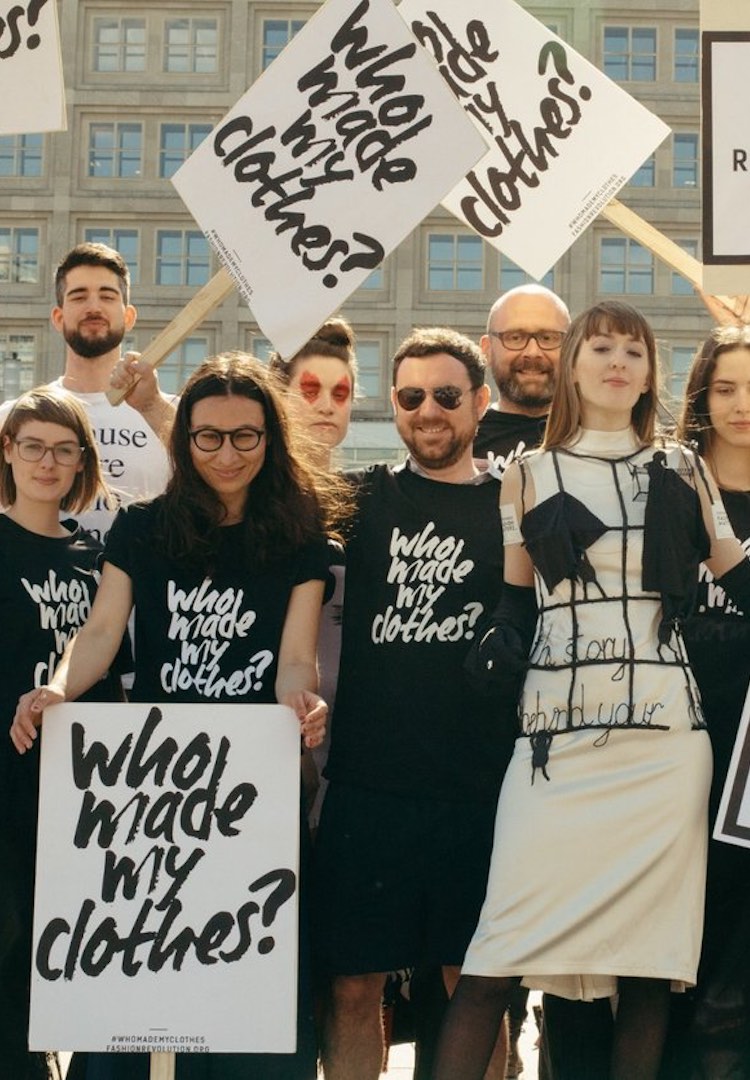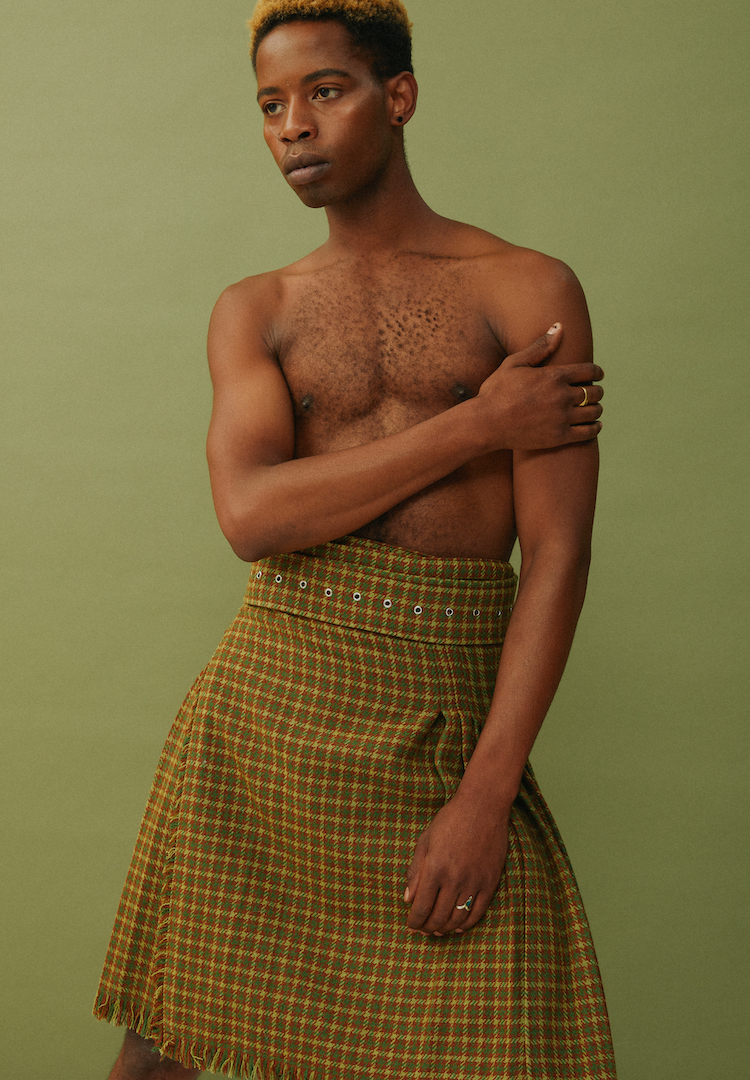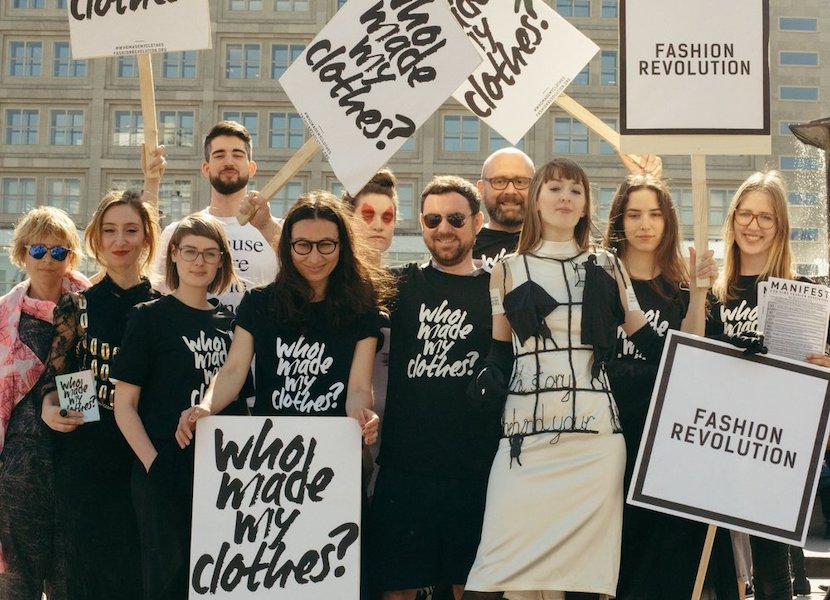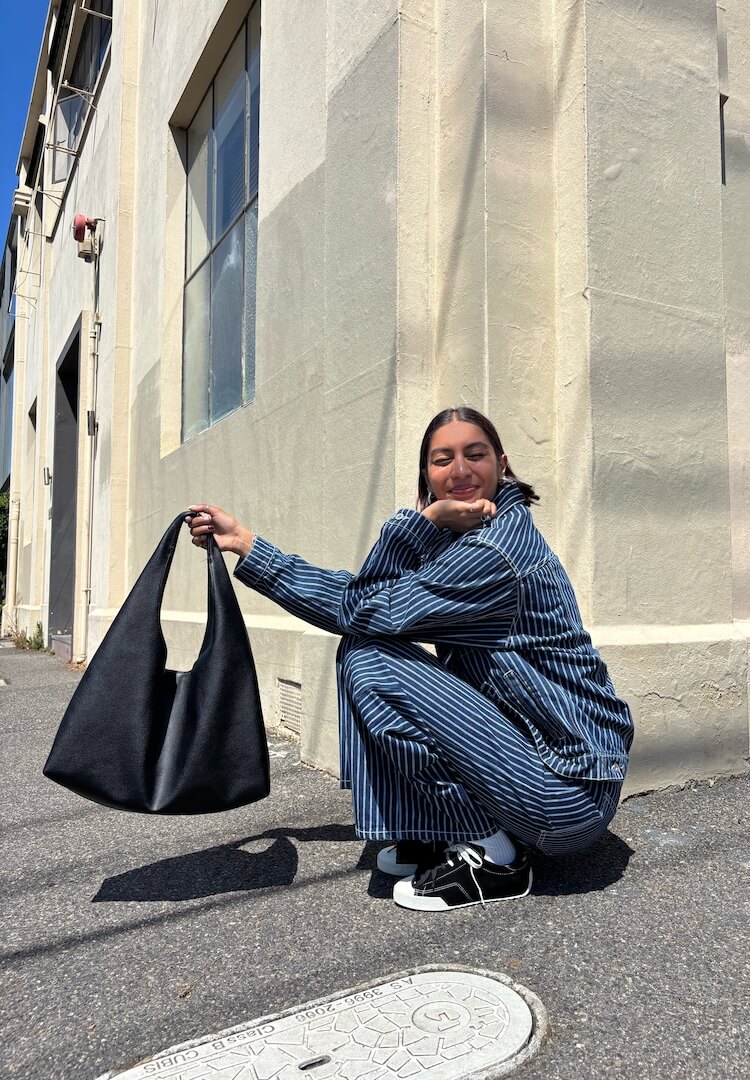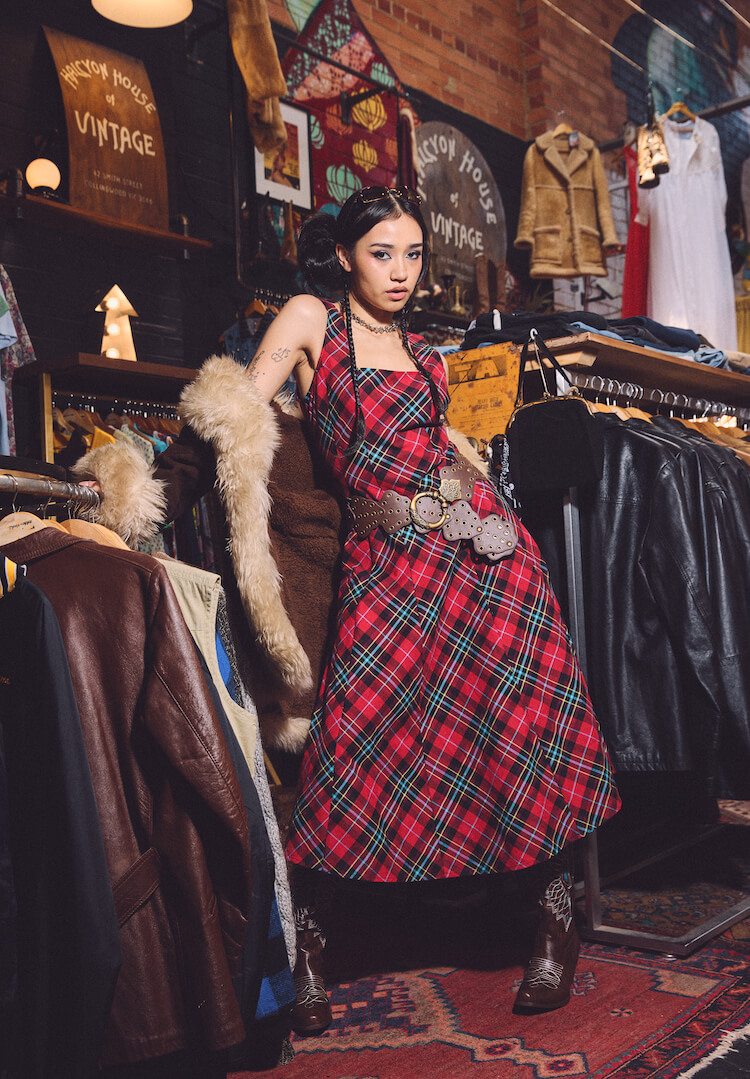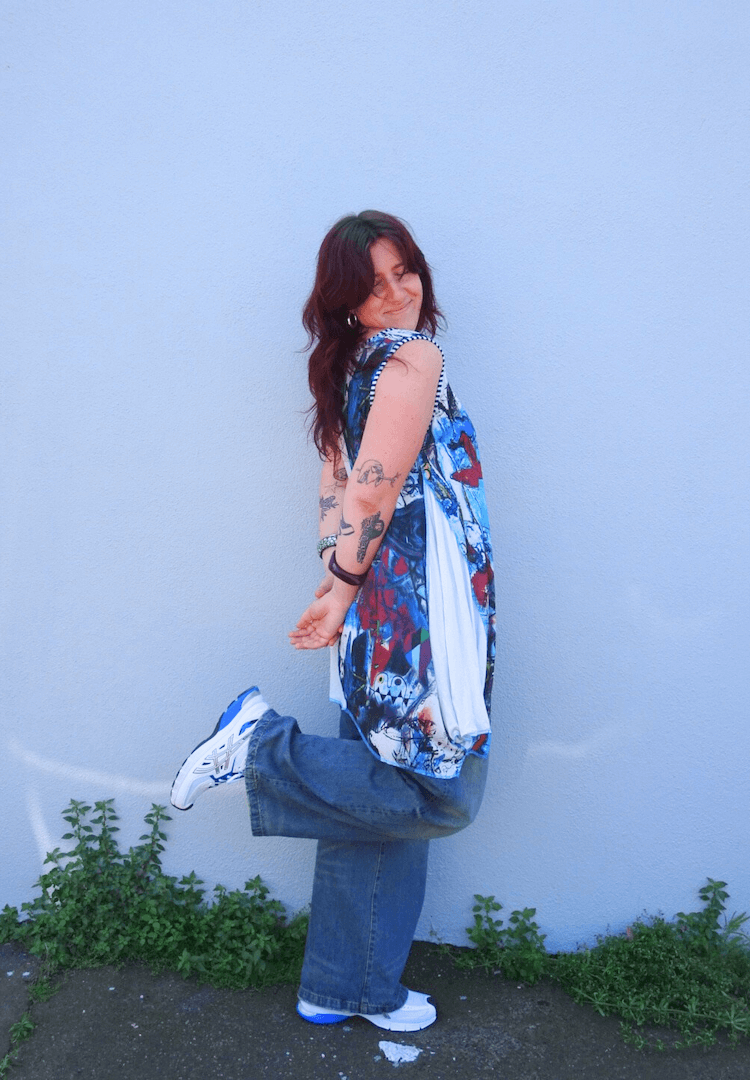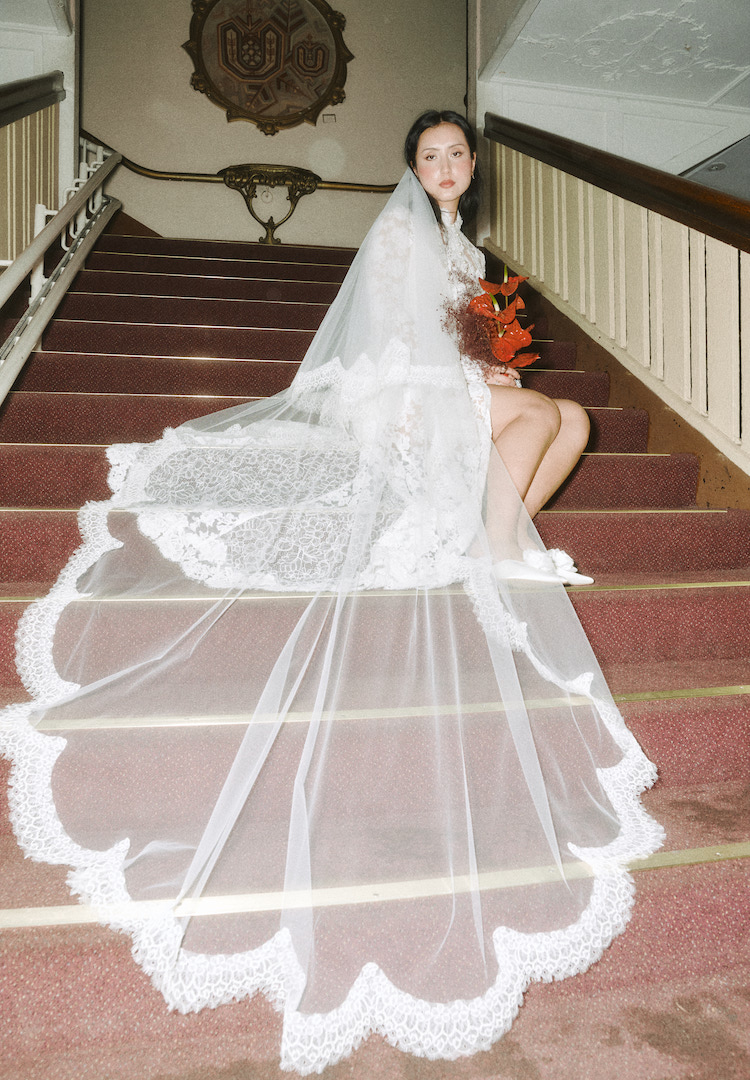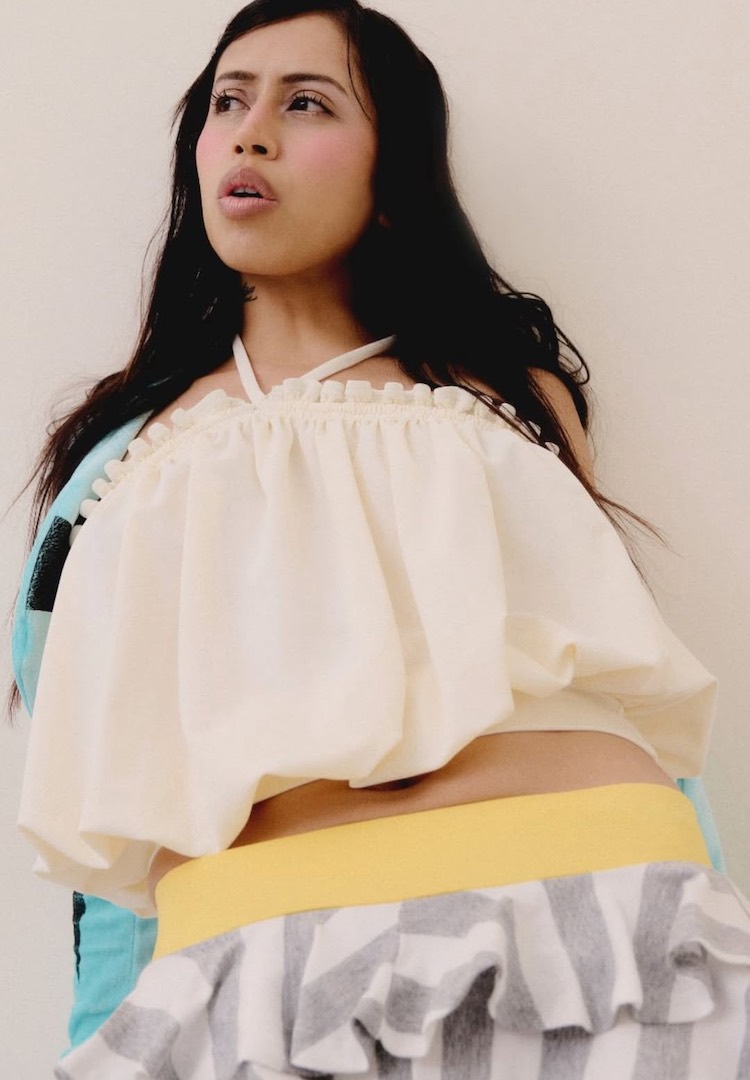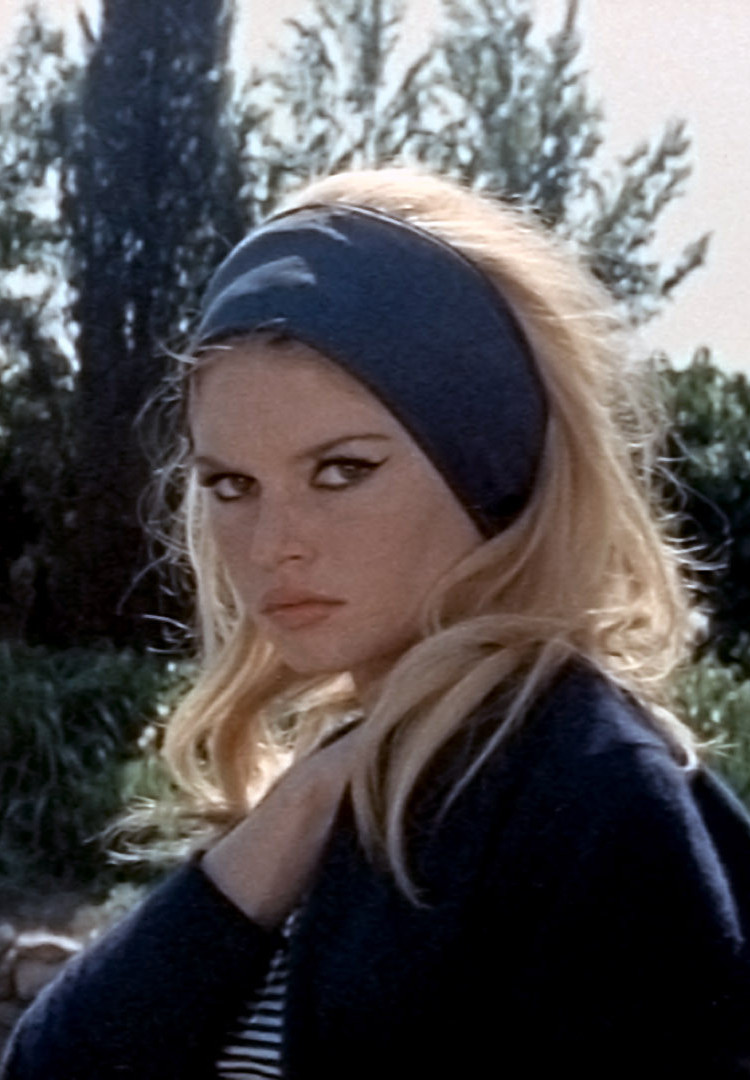How you can make a change during this year’s Fashion Revolution Week
IMAGE VIA FASHION REVOLUTION
WORDS BY ISABELLA WIGHT
A global call to action.
Fashion Revolution Week was founded after the Rana Plaza disaster in 2013, a devastating garment factory collapse that killed over 1,132 people and injured more than 2,500. Now in its eighth year, this accident was the catalyst for Fashion Revolution to begin the fight for environmental and ethical change within the industry.
It’s an inclusive activism movement that unifies people from all over the world through research, education and advocacy work – like its Fashion Transparency Index, an annual report ranking 250 of the world’s biggest fashion brands based on their social and environmental practices. Fashion Revolution Week is about asking the questions that matter the most. From April 19 to April 25, it’s time to ask “who made my clothes?”
Looking for more on the future of Australian fashion? Pop over to our Fashion page and browse to your heart’s content.
It’s a phrase you’ve most likely heard before. In 2014, the #WhoMadeMyClothes hashtag was launched into the Twitterverse by Fashion Revolution co-founders Carry Somers and Orsola de Castro, quickly becoming the number one trend worldwide.
The cause began to gain valuable media attention, moving from its UK confines to country teams and offices across the world (you can find the Aussie team here). Since #WhoMadeMyClothes, each year has spurred a new viral campaign, including #InsideOut, #Haulternative and this year’s #WhoMadeMyFabric.
The 2021 theme is aptly Rights, Relationships and Revolution, an exploration of the exploitation and degradation the industry has caused as the product of colonialism and a Western-focused worldview.
This year’s campaign will amplify oppressed voices in the fashion supply chain and shift the relationships between brands and suppliers by calling for complete transparency, not just where the factories are located, but where the fabrics and yarns are made. This is a greenwashing-free zone.
View this post on Instagram
The impact
Since its inception, Fashion Revolution Week has resonated globally. Every year, the movement brings in thousands of participants advocating for change – even in a pandemic. Last year, Fashion Revolution Week boasted 489 global partnerships in 53 countries, 12,578 letters sent to brands advocating for garment worker rights and a press reach of 2.9 billion.
On Australian shores, businesses are thinking of innovative ways to celebrate, like made-to-order footwear brand Essen and sustainable jewellery label Linden Cook. This year, there’s an exclusive collaboration happening to raise awareness about the environmental benefits of slow fashion business practices.
“We believe it’s very important to work with local craftsmen and celebrate their craft,” explains Marre Muijs, creative director of Essen. “It ticks so many boxes for us; it promotes a shift to more conscious design, manufacturing and consumption, the pieces are classic and versatile and aren’t reliant on trends or seasons, so you can do more with less… it limits the constant need for newness.”
Crafted by hand in Italy, the limited edition Foundation Flats will feature a gold-plated detachable anklet/necklace, a Linden Cook signature. Marre talks about how an on-demand manufacturing process has a positive impact on the supply chain, from artisan to customer.
“We take it slow, developing testing and releasing one key piece at a time. This way, customers have a high degree of influence over our business and designs, and we work together to determine optimum production levels. Doing so allows us to avoid overproduction and eliminate up to 90 per cent of waste associated with traditional production processes.”
How you can get involved
While there are fewer IRL events this year, Fashion Revolution Week’s super-accessible program means there’s still plenty of ways you can play your part. A good place to start is by following Fashion Revolution on social media.
Instagram is a hub of resources and info wrapped up in a neat, shareable-graphic bow. Use your platform to tweet, tag and comment calling for change, action and transparency. Following this, you can write a postcard or email to brands or policymakers asking for information about ethics and production activities.
Be specific about the areas that may seem ambiguous (they generally are for a reason) and push for them to acknowledge and improve their procedures. If you don’t know what to say, or who to say it to, here is a comprehensive list of all of the key voices involved in this year’s campaign. You can also download and print posters here to raise awareness around your community.
There are also a select few local events and plenty of digital ones to attend. If you’re in Sydney, the Swap Revolution event is a must-see. Show up, speak up and hashtag to your heart’s content.
For more info, visit the Fashion Revolution website here.

